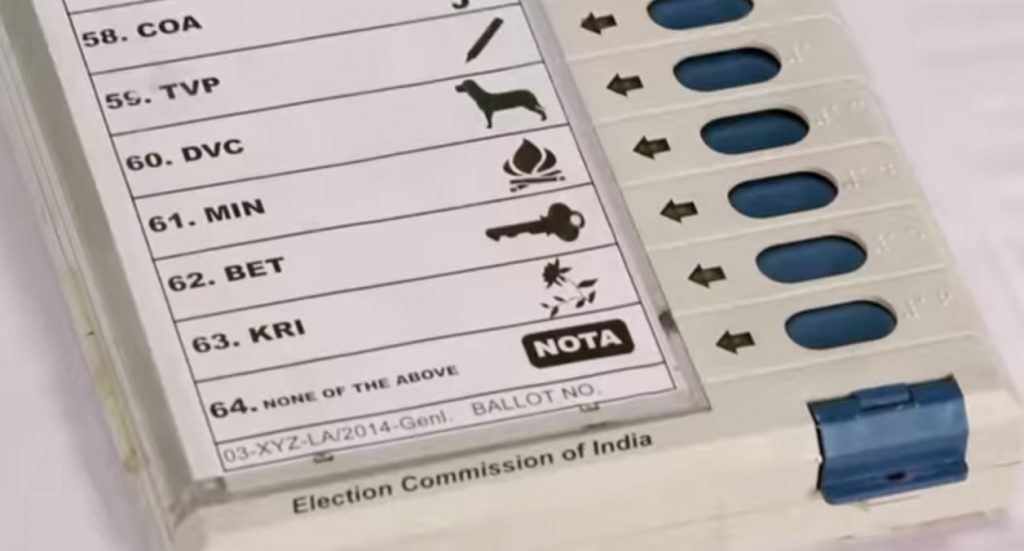Electronic Voting Machines (EVMs) are again under a rather dark and ominous cloud of suspicion. A US-based cyber-expert identified as Syed Shuja has claimed he has proof that EVMs can be tampered with. As the general elections are approaching, these machines do have a vital role to play in electoral politics of the country. The Opposition is making a hue and cry about the reliability of these machines to make sure that there is an alternative narrative to what the government has to say and to also ensure that there is a whipping boy in place if things don’t work out the way they expect them to. The present grouping of Opposition is not to blame for the situation, though. It is the ruling party itself that had set the precedent. In 2009, senior BJP leader LK Advani, the then Leader of Opposition, demanded that ballot papers be reintroduced for Assembly elections in Maharashtra and three other states; it was the first such instance of a political party questioning EVMs. Advani based his contention on an allegation raised by Omesh Saigal, then chief secretary of Delhi, that EVMs could be tampered with. The BJP today is getting a taste of its own medicine. But while both the ruling and Opposition benches are building such narratives before the common Indian, one thing either side is conveniently forgetting is the consequent loss of faith in the systems that govern this country. The incumbent government is already standing neck-deep in allegations of tampering with established systems and institutions. The controversy over EVMs is bound to make the whole electoral exercise, wherein people have to stand in long queues often forgoing their daily earnings to cast a vote, which is definitely a precious and powerful right that needs to be exercised with great discretion. But if the whole exercise of elections is akin to a fixed cricket match, the common citizen is bound feel deceived and that could lead to disinterest in participating in the process.
The situation here is tricky because neither the ruling party nor the Opposition is able to place before people a viable alternative to EVMs nor work out a system of technical checks that would ensure proper functioning of the machines. The problem in India today is an acute deficit of trust. A third party ‘technical check’ and certification also could be manipulated.
The level of chaos that voting by paper ballot had created had been tremendous. It had always required mobilisation of immense financial resources at a much larger scale and consumes not just time but also incomprehensible amounts of paper. For a country that has a sizeable number of poor, electoral expenses at frequent intervals is a massive drain on resources. The need today is of transparency. Voters today are indeed very aware. The introduction of Voter-verified Paper Audit Trail, or VVPAT, to cross-check whether votes have been registered, has been introduced as an additional means to ensure that voting machines are not rigged. VVPAT would virtually be the equivalent of a paper ballot but consuming a much lesser amount of paper and resources. The need today is to search for technology to assure the voter that his or her vote has gone to the person intended. If each voter is able to verify this at the polling booth, the controversy surrounding the EVM and its tampering would subside. Going back to the old system of paper ballot is certainly not the way forward.
For tamper-proof people
